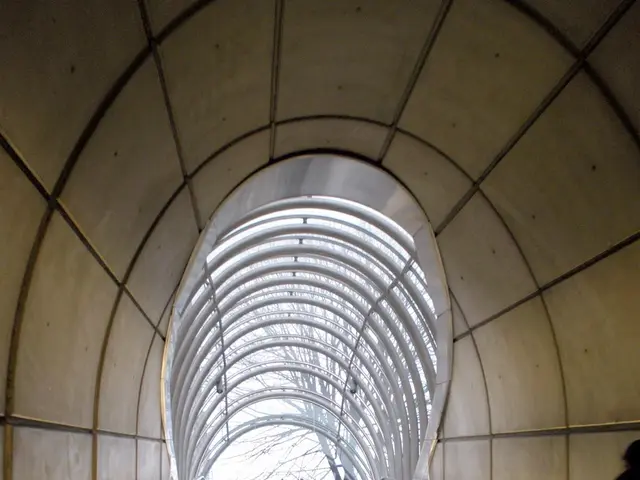Anticipated Investments of $3.3 Billion in Turkey's YEKA Tender Projects
Turkey Accelerates Renewable Energy Investments with Upcoming YEKA Tenders
Turkey is taking significant strides towards its 2035 energy targets with a recent reform law aimed at streamlining permitting and approval processes to attract investments. This move is part of a broader initiative to increase the country's wind and solar capacity.
The wind and solar capacity will be distributed across 12 provinces in Turkey. The upcoming Renewable Energy Resource Zone (YEKA) tenders, scheduled for November and December, will allocate 2,000 megawatts (MW) of this capacity.
Six wind projects, totaling 1,150 MW, will be auctioned in Sivas, Balıkesir, Aydın, Denizli, Kütahya, and one unspecified province. In addition, nine solar projects, ranging from 40 MW to 260 MW, will be tendered in Elazığ, Kahramanmaraş, Erzurum, Bolu, Eskişehir, Mardin, and Van.
Notably, a 35MW floating solar project is planned for Manisa's Demirköprü Dam reservoir. These large-scale YEKA projects are expected to attract about $3.3 billion in investment, with solar projects accounting for roughly $1 billion and wind projects generating approximately $2.3 billion.
The increased demand for wind equipment such as turbine blades, towers, and generators, as well as solar panels and other components, will benefit companies supplying components for these projects. Companies involved in the Eksim Enerji wind parks, financed by KfW IPEX-Bank, are among those set to experience increased demand, with German suppliers being particularly notable.
Localizing production not only boosts demand but also contributes to technological development. The large-scale YEKA projects will particularly benefit companies producing domestic components in the renewable energy sector.
Moreover, floating solar plants, when integrated with hydropower facilities, contribute to electricity generation, and help conserve water by reducing evaporation through their shading effect. The 35MW floating solar project at the Demirköprü Dam reservoir, for instance, is expected to attract about $20 million in investment.
In conclusion, Turkey's renewable energy sector is poised for growth, with the YEKA tenders set to accelerate investments towards the country's 2035 energy targets. This development not only promises a more sustainable energy future but also presents opportunities for both domestic and international companies in the renewable energy sector.








